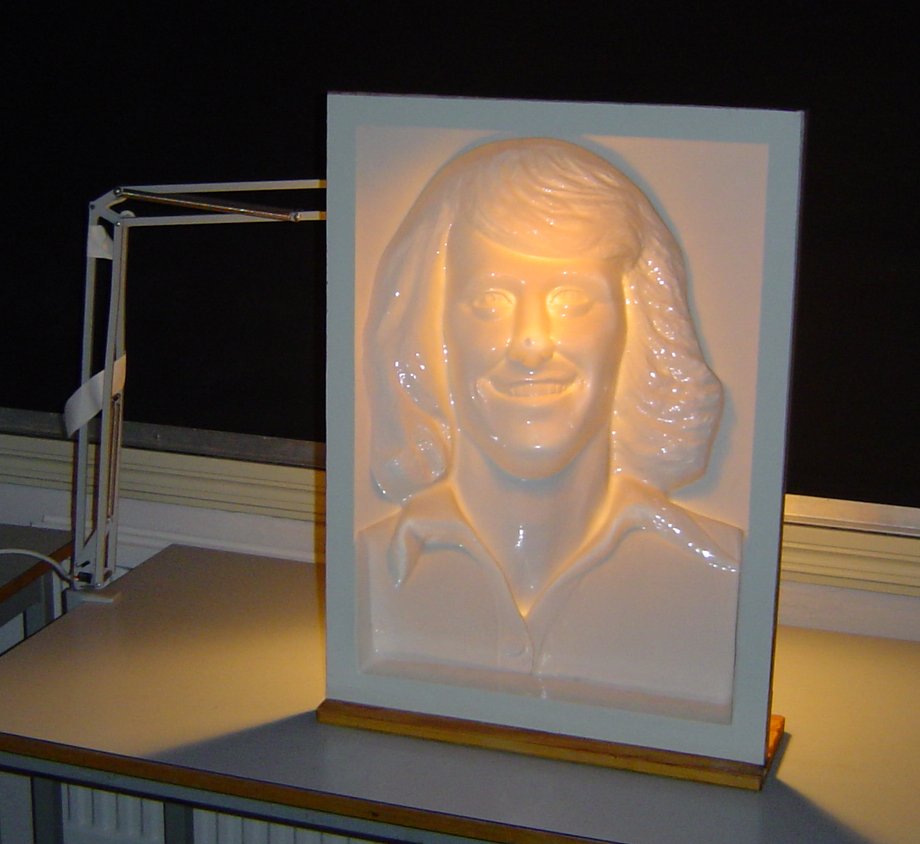Credit goes to Tryp, it looks like my issues with driving might be somewhat related to this (more notably the Ponzo Illusion). 

Even when I logically know it's the same, I just don't see it.
Pushed Out, or Pushed In?
It looks like out to me, although on wikipedia it says in.
These have them at the same length, yes, but you asked about all three tests. 🤷
Classic turncoat
Credit goes to Tryp, it looks like my issues with driving might be somewhat related to this (more notably the Ponzo Illusion).
Even when I logically know it's the same, I just don't see it.
Yeah this one drives me nuts. The farther away ones do appear bigger. I wouldn't e surprised if it were actually bigger onscreen as well. Theres no way theyre the same size. The railroad one I can believe.
Yeah this one drives me nuts. The farther away ones do appear bigger. I wouldn't e surprised if it were actually bigger onscreen as well. Theres no way theyre the same size. The railroad one I can believe.

Pushed Out, or Pushed In?Test 2:
Which one is more like the one in the center?Test 3:
Which of these lines is the longest, and which of these lines is the shortest?Test 4:
Which line's longer?
First one I see as pushed out, even if I know better.
Second one, maybe the bottom thing in the middle because it seems like the most similar shade, but I'm probably wrong.
Third one, they all look the same, but the top one is tempting to think is longer.
Fourth one, the line further up looks longer, but I know it isn't.
Which of these lines is the longest, and which of these lines is the shortest?
Third one, they all look the same, but the top one is tempting to think is longer.
Wait the top one? That one appears as the shortest to me while the middle looks longest.
Schizophrenia makes u not perceive optical illusions like everybody else does that imply that if u see optical illusions normally then you do not have it?
Screening for Schizophrenia With Optical Illusions
So does all this mean a diagnostic test for schizophrenia based on optical illusions is in the cards? Well, not yet – none of these illusions discriminate perfectly between people with and without schizophrenia.
But some of the results are dramatic, and it’s possible that this line of research could lead to improved screening procedures or at least a better understanding of how schizophrenia has to do with changes in the way people see the world.
Time will tell, but one thing we do know for now is that optical illusions, which we often think of as little more than parlor tricks, could hold some of the secrets to how our brains work, how we see the world and what happens when our thoughts and perceptions go awry.
The Hollow-Face illusion is weaker among people with schizophrenia and other populations with psychotic symptoms, perhaps as a result of reduced tendency to interpret any kind of ambiguous 3D object as convex. It appears to be related to current mental state, namely in regard to current positive symptoms, inappropriate affect, and need for structure. The illusion seems to strengthen among successfully treated patients.



